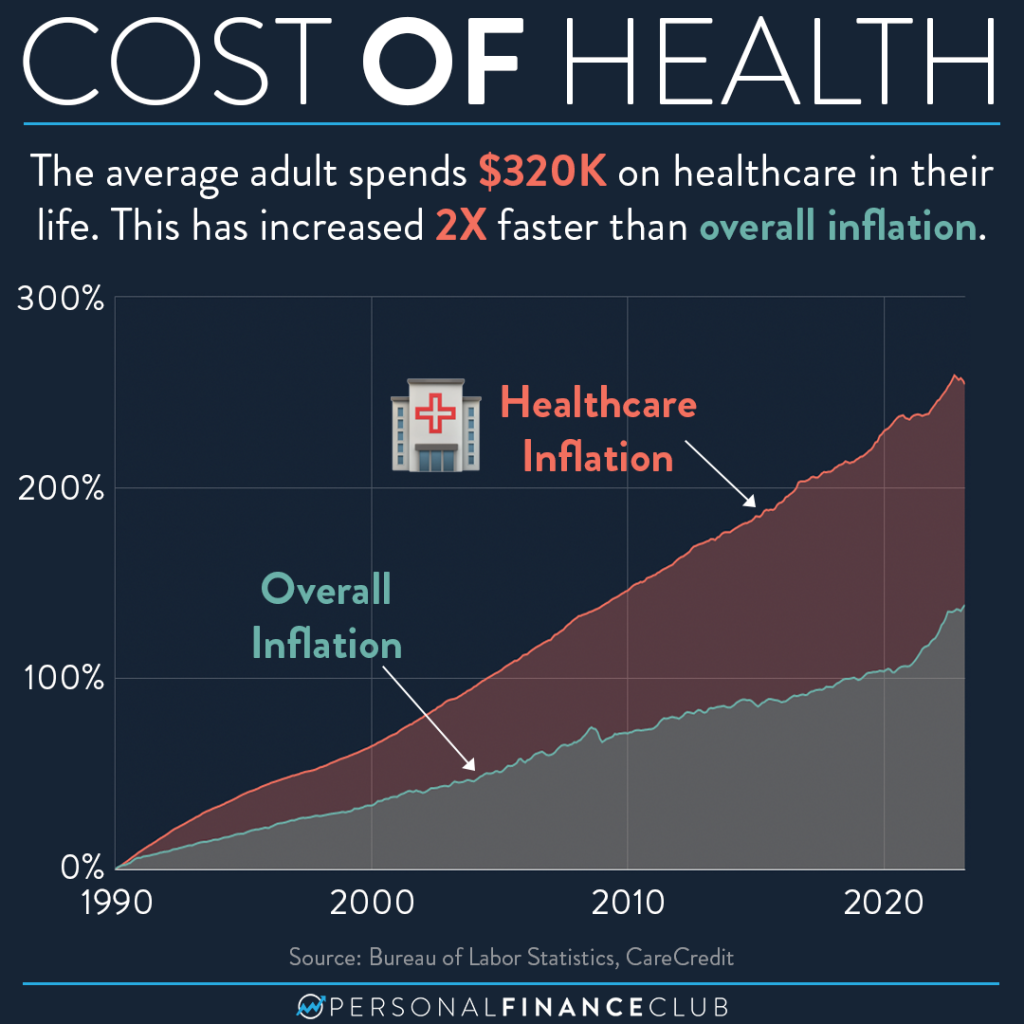The Value of Healthcare RCM in Enhancing Cash Flow and Effectiveness
The Value of Healthcare RCM in Enhancing Cash Flow and Effectiveness
Blog Article
Understanding the Role of Medical Care RCM in Enhancing Economic Performance and Client Contentment
Browsing the ins and outs of Health care Profits Cycle Administration (RCM) is vital for accomplishing optimum financial performance while at the same time boosting client complete satisfaction. As we explore the transformative potential of RCM, concerns regarding its strategic application and future improvements beckon, appealing insights that might redefine industry standards and person experiences alike.

Key Components of RCM
In the complex landscape of healthcare, Earnings Cycle Management (RCM) is critical in guaranteeing monetary security and operational effectiveness. A thorough RCM system encompasses a number of important parts, each playing a crucial duty in the seamless administration of a healthcare provider's monetary processes. Person enrollment and qualification confirmation are fundamental steps, making sure that accurate individual details is captured and insurance protection is verified before solutions are made. This decreases the risk of claim denials and speeds up the reimbursement procedure.

Charge capture is an additional necessary component, involving the accurate recording of solutions offered to clients. It makes sure that all billable services are made up, thereby taking full advantage of profits possibility. Simultaneously, clinical coding translates patient experiences right into standardized codes, which are important for invoicing and regulatory compliance.
Cases entry and management comply with, entailing the preparation and entry of insurance claims to payers. This procedure calls for thorough focus to detail to reduce mistakes and avoid hold-ups. Rejection management is a positive approach to deal with and resolve denied claims, protecting income streams.
Finally, payment publishing and patient collections finish the cycle, ensuring repayments are precisely tape-recorded and superior equilibriums are gone after. Together, these elements create a robust framework that sustains the operational and monetary wellness of medical care organizations.
Influence On Financial Efficiency
Effective Profits Cycle Administration (RCM) dramatically affects a medical care company's monetary efficiency by maximizing cash money flow and reducing profits leak. RCM encompasses the extensive payment and collection procedures that make sure healthcare providers successfully handle their financial purchases from client registration to last settlement. By improving these procedures, organizations can decrease rejected cases, speed up repayment cycles, and improve general monetary health.
Economic performance is enhanced with thorough administration of billing treatments, which involves precise coding and prompt entry of claims. This minimizes the possibility of claim rejections and denials, which can considerably impede revenue flow if not dealt with immediately. In addition, integrating innovative innovation remedies promotes real-time monitoring of claims and financial metrics, supplying health care administrators with the tools necessary to make enlightened tactical choices.

Enhancing Person Contentment
While maximizing economic efficiency is a vital purpose of Profits Cycle Monitoring (RCM), it also plays a critical function in boosting client complete satisfaction. Patients today demand transparency, effectiveness, and accuracy in their medical care communications. RCM systems enhance these procedures, offering patients a smooth experience from appointment organizing to payment. By decreasing management concerns, RCM allows health care companies to concentrate extra on person care, which straight improves person contentment.

RCM also improves individual contentment via efficient communication. By keeping a comprehensive database of individual details, RCM assists in improved interaction between people and medical care suppliers, making sure individuals feel educated and valued. This openness and availability promote a favorable client experience. On the whole, reliable RCM execution not only improves monetary end results yet also click here for more significantly adds to a patient-centered health care environment.
Strategies for Reliable RCM
Achieving efficient Profits Cycle Administration (RCM) requires medical care organizations to execute a collection of critical practices that guarantee financial stability and functional effectiveness. One vital strategy is the adoption of technology-driven solutions, such as integrated software platforms that improve billing procedures, minimize mistakes, and enhance information precision. These systems allow real-time monitoring of financial metrics, permitting prompt identification and rectification of inefficiencies.
Another strategy is the standardization of procedures across the income cycle. Healthcare RCM. This entails developing regular plans for individual registration, insurance verification, and claims processing. By making sure that all staff stick to these criteria, companies can minimize disparities and quicken repayment collections
Personnel training and advancement also play a pivotal role in reliable RCM. Well-trained workers can effectively navigate intricate billing procedures and policies, lowering denials and enhancing money circulation. Routine updates on plan modifications and ideal techniques help maintain a well-informed and skilled workforce.
Future Trends in RCM
As healthcare companies enhance their Earnings Cycle Monitoring (RCM) strategies with technology and standard procedures, interest is currently transforming towards the future trends shaping this essential area. One considerable trend is the combination of expert system (AI) and artificial intelligence to automate complex tasks, such as claims refining and anticipating analytics. These modern technologies are expected to lower mistakes, speed up deal times, and provide data-driven understandings for better decision-making.
Additionally, the shift towards value-based treatment remains to affect RCM practices - Healthcare RCM. Doctor are expected to increasingly concentrate on client end results and complete satisfaction, requiring RCM systems that can accommodate new repayment versions. This shift will call for even more comprehensive information collection and evaluation to properly report and More about the author gauge on efficiency metrics
Interoperability is another emerging top priority, as seamless data exchange in between inconsonant systems comes to be vital. Enhanced interoperability will promote more exact individual information sharing, decreasing administrative worries and enhancing the my sources individual experience.
Final Thought
Healthcare Earnings Cycle Administration (RCM) significantly affects both financial efficiency and patient fulfillment by optimizing invoicing processes, making certain specific coding, and allowing timely insurance claims entry. Efficient RCM decreases income leakage and increases cash money flow, decreasing case denials and quickening settlements.
Navigating the ins and outs of Medical care Income Cycle Management (RCM) is vital for attaining optimum monetary efficiency while concurrently elevating patient complete satisfaction. RCM includes the extensive payment and collection processes that make sure healthcare service providers effectively manage their financial deals from client enrollment to last repayment. By minimizing administrative burdens, RCM permits medical care service providers to concentrate much more on client treatment, which straight improves person fulfillment.
By preserving a thorough database of individual info, RCM helps with improved interaction between people and health care service providers, ensuring patients really feel informed and valued.Health Care Income Cycle Management (RCM) considerably influences both financial performance and individual complete satisfaction by maximizing invoicing processes, making sure precise coding, and making it possible for punctual claims entry.
Report this page